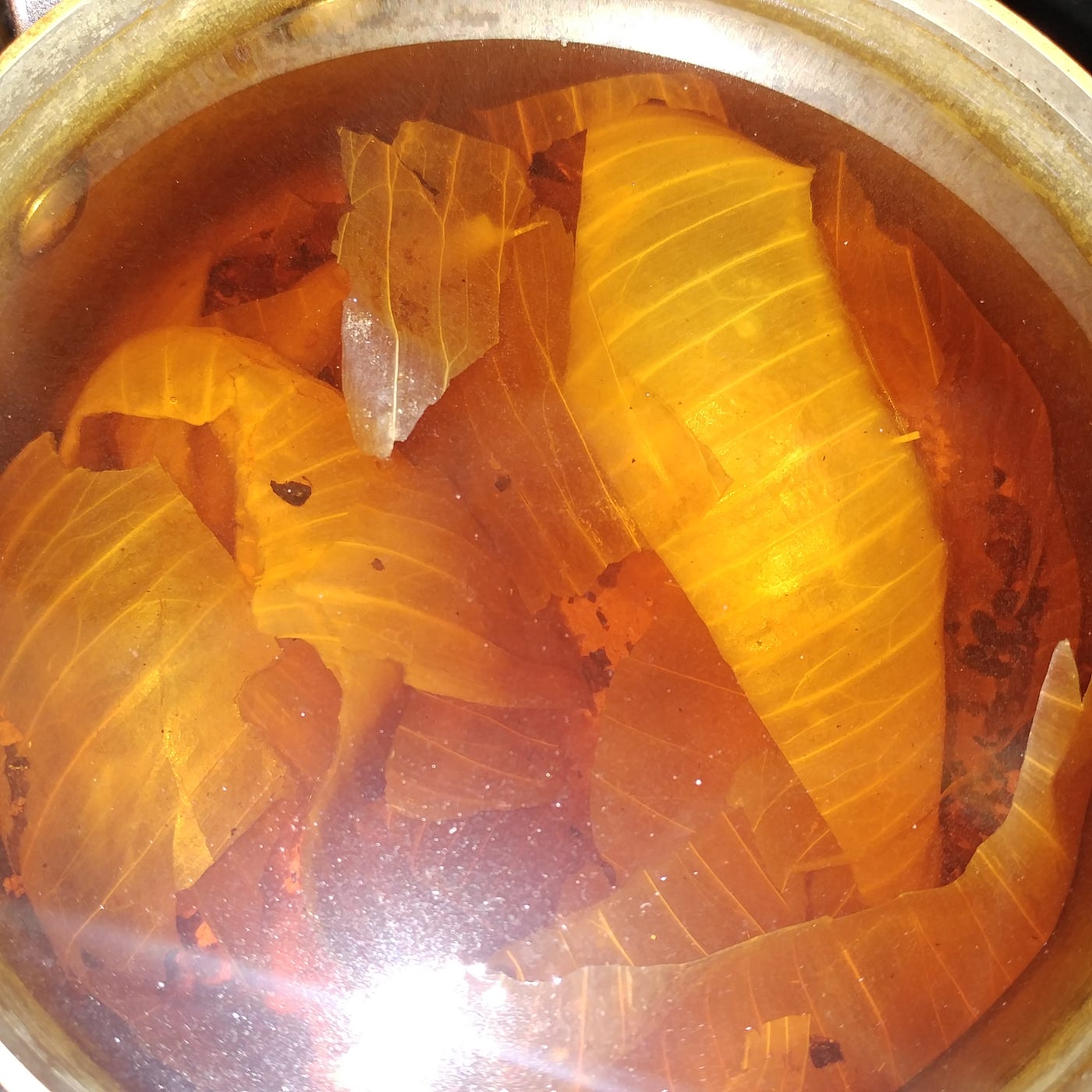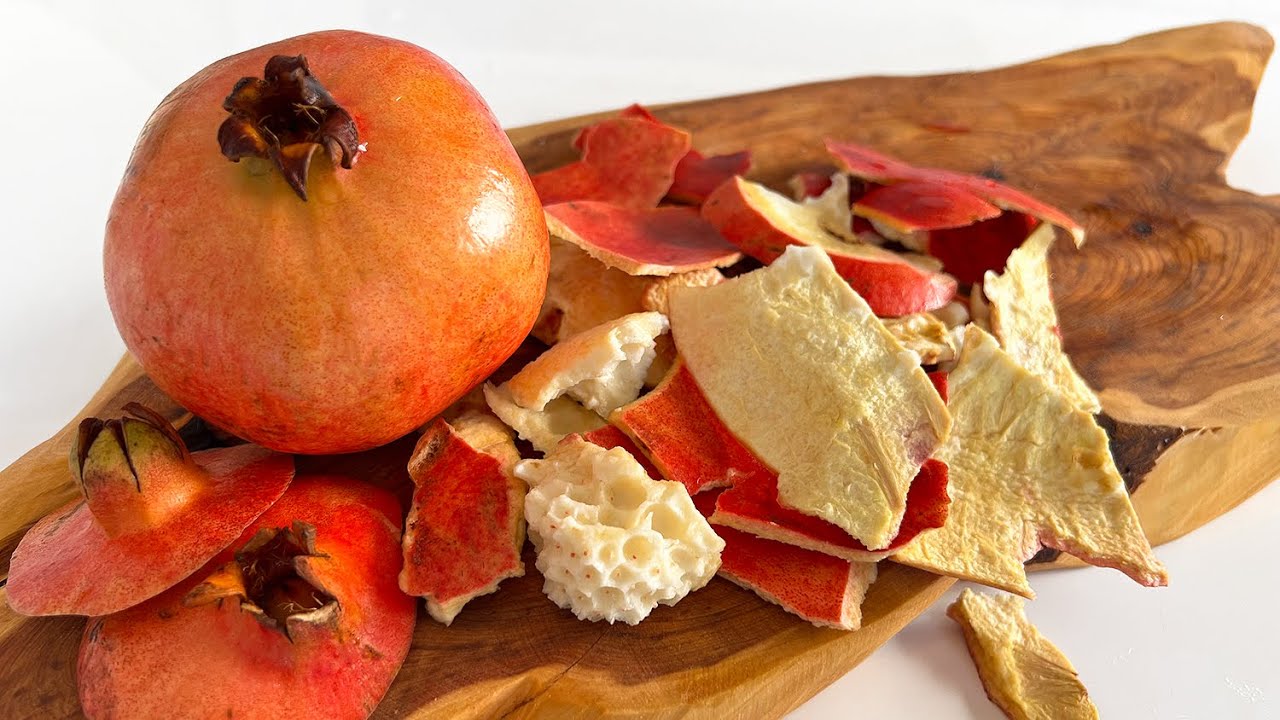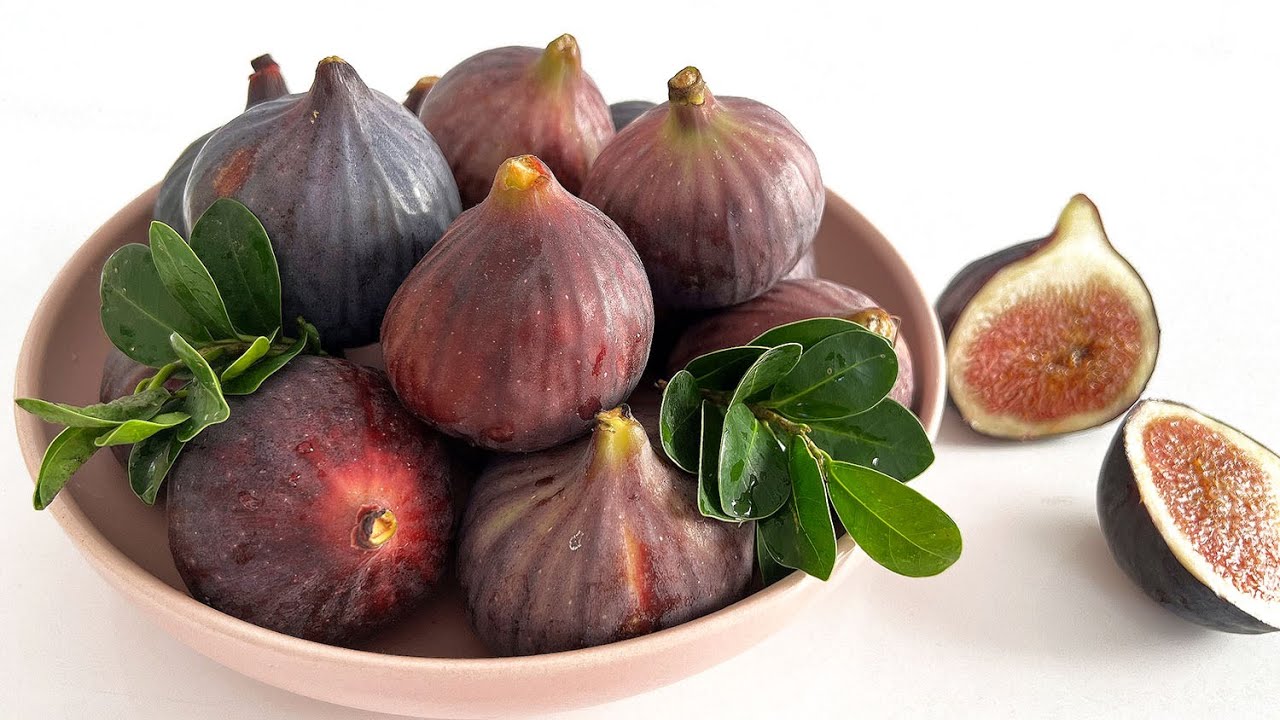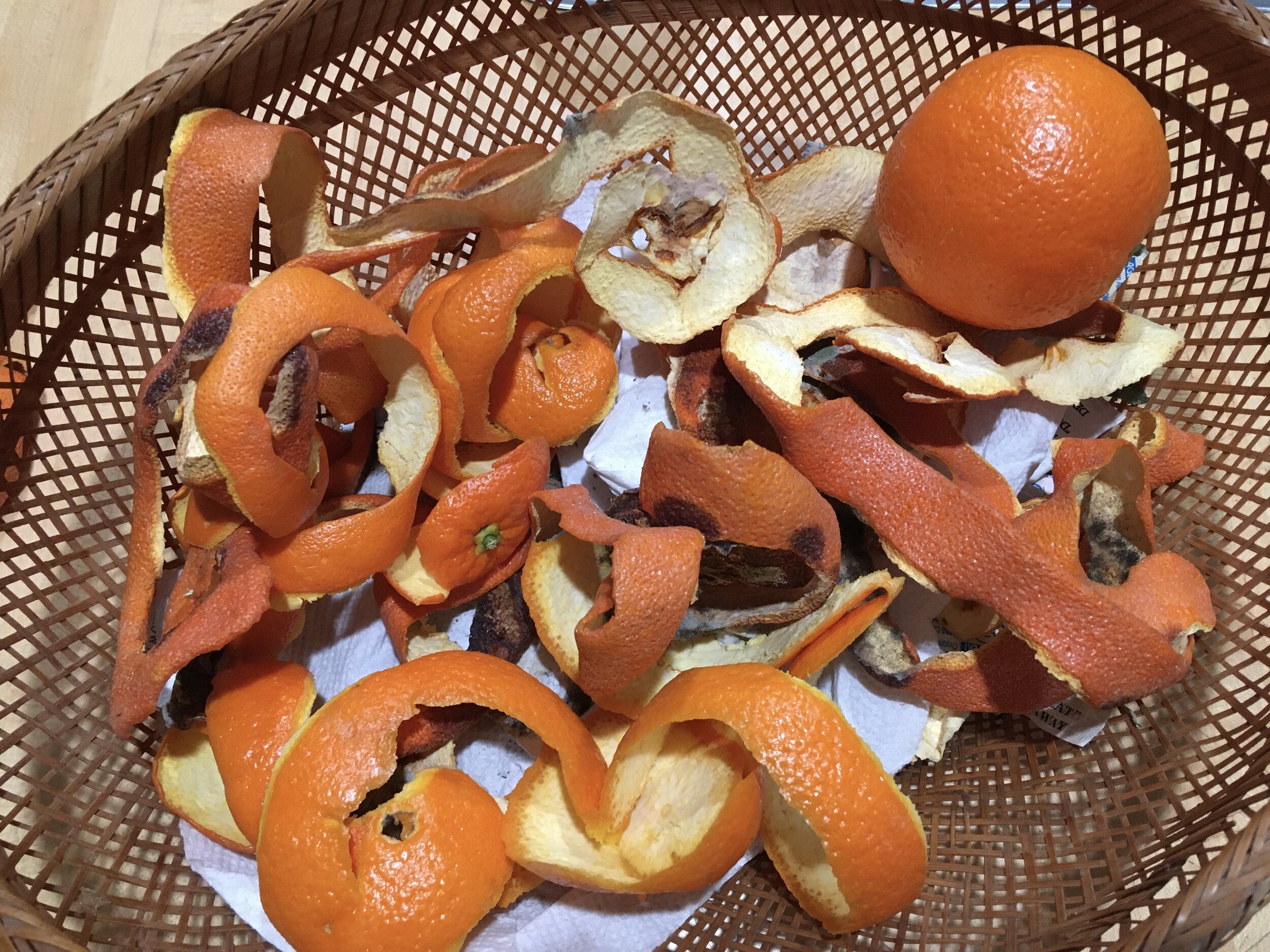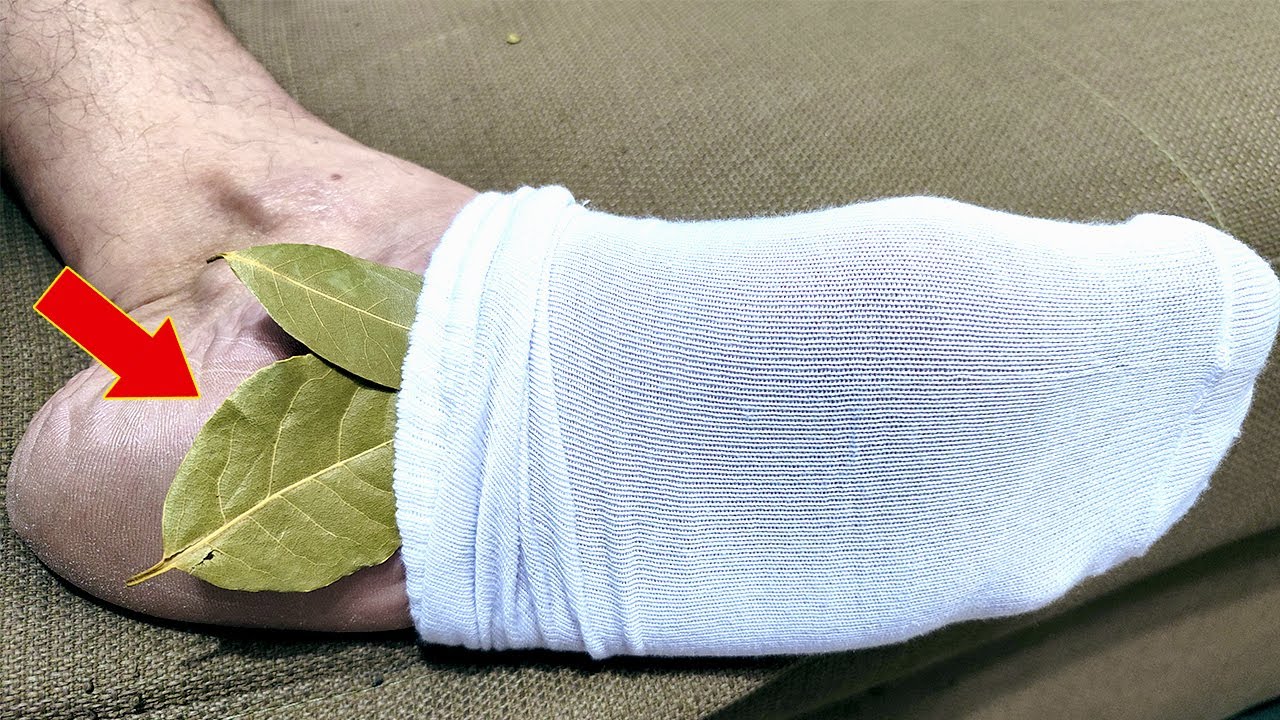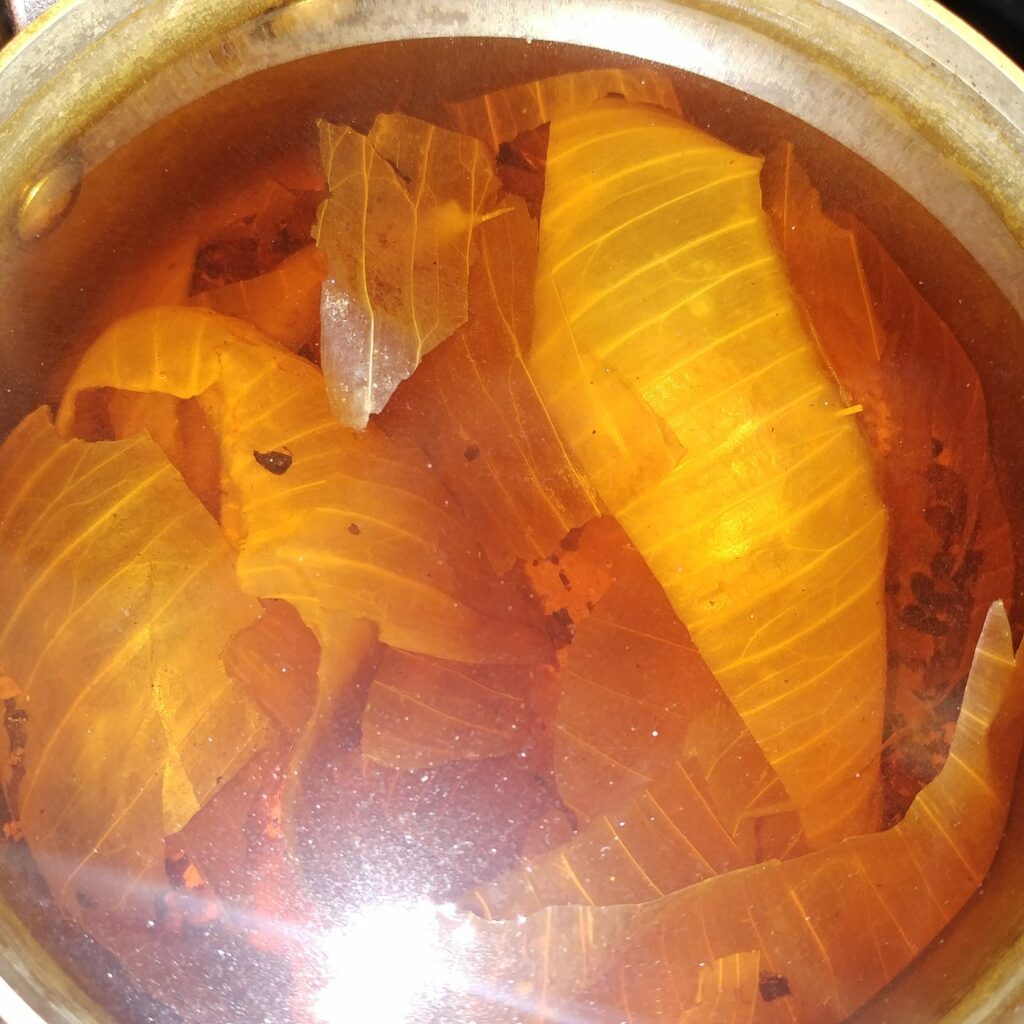
Onion husks, often discarded as kitchen waste, are surprisingly useful for a variety of purposes. Once you learn about the benefits and uses of these husks, you might think twice before tossing them in the trash. Here’s why onion husks are a valuable resource and how you can make the most out of them.
Benefits and Uses of Onion Husks:
-
Natural Dye: Onion skins can be used to create natural dyes for fabrics, wool, and even Easter eggs. The husks from yellow onions produce a beautiful range of earthy and warm tones, while red onion skins give a more vibrant reddish color. This eco-friendly dyeing method is not only simple but also chemical-free.
-
Rich in Nutrients: Although not commonly consumed, onion husks are rich in antioxidants, particularly quercetin, which is known for its anti-inflammatory and antihistamine effects. While you wouldn’t eat the husks, these nutrients can be infused into water or broth.
-
Garden Mulch: Onion husks can be added to your garden as a form of mulch. They help retain moisture in the soil, suppress weeds, and add organic matter as they decompose. This contributes to a healthier garden without the need for chemical fertilizers.
-
Pest Repellent: The strong smell of onion husks can deter pests like aphids and moths from your garden. Scatter the husks around plants that are prone to pest attacks or brew a strong infusion to spray directly onto plant leaves.
-
Stock and Broth: Add onion skins to your stock or broth for extra flavor and nutrients. The skins contribute to a rich golden color and enhance the mineral content of your homemade broths.
-
Composting: Onion husks are excellent for composting as they break down quickly and enrich the compost with essential nutrients, which, in turn, benefits your garden soil.
How to Use Onion Husks:
-
For Dyeing: Collect a good amount of husks, simmer them in a pot of water for about an hour, strain, and use the liquid for dyeing.
-
In Gardening: Spread the husks directly on the soil or near plants to use as mulch or pest control.
-
For Cooking: Include them in a cheesecloth bag when making broths, then remove and compost the husks after cooking.
Precautions:
Ensure the onions are organic if you intend to use the husks in applications like dyeing or in your garden, to avoid introducing pesticides into your crafts or garden.
By seeing onion husks as more than just waste, you can unlock their full potential, contributing to environmental sustainability and adding value to your household and garden practices. Next time you cook with onions, save those husks and put them to good use!
